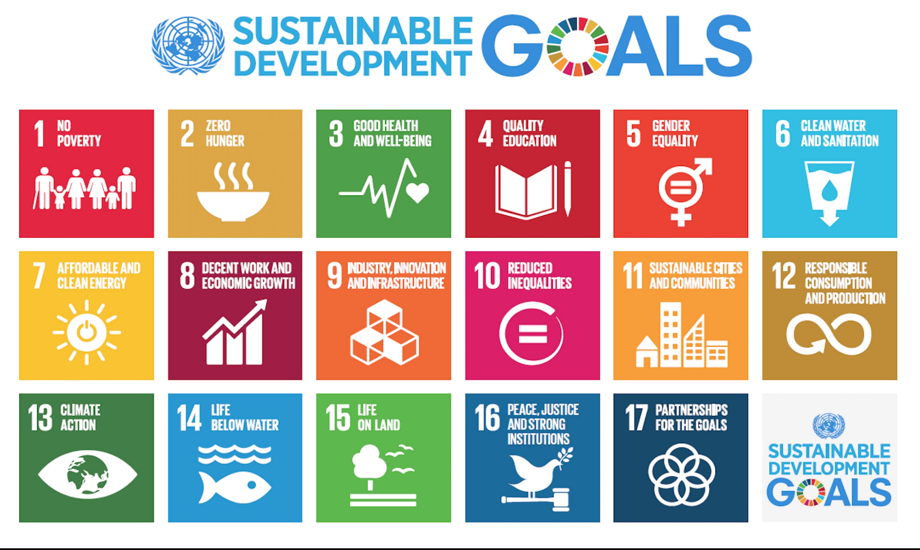The International Engineering Alliance, is a global non-profit organization, which includes members from 36 jurisdictions within 27 countries, through seven international accords. These international accords regulate the recognition of engineering education qualifications and professional competencies for the practice of engineering, whose mission is:
«Work together to advance the quality of education and improve global mobility in the engineering profession».
The IEA administers three Educational Accords and four Professional Competency Agreements:
Educational Accords:
- Washington Accord for Science-Based Engineering.
- Sidney Accord for Technology-Based Engineering.
- Dublin Accord for Technical programs in the area of Technologies.
Professional Competency Agreements:
- IPEA: International Professional Engineering Agreement
- APEC: Recognition of Professional Competencies in APEC countries
- IETA: International Engineering Technologists Agreement
- AIET: Agreement for International Engineering Technicians
The educational accords are aimed at strengthening the quality of the educational process through the accreditation of programs. Accreditation allows degree holders, who have graduated from the date the accreditation was obtained, a much more expeditious process in the recognition of their degree in most of the member countries of these Accords, which encourages professional mobility. This accreditation must be granted by the body recognized as a full member of the Accord of its jurisdiction, as a requirement.
The Professional Competency Agreements are aimed at generating voluntary records of engineers who meet specific professional performance requirements and who come from an accredited program, in order to facilitate professional mobility.
The role of the International Engineering Alliance in the World
In June 2019, the IEA together with UNESCO in its Natural Sciences Division, the World Federation of Engineering Organizations (WFEO) and other international organizations related to Engineering, have signed the “Global Engineering Education Standards and Capacity Building for Sustainable Development ”document in which the WFEO and other organizations undertake to consider the Graduate Attributes that the IEA proposes as the minimum global standard for engineering education. The “Capacity building” is the urgency that motivates these institutions and Acredita CI for Chile, since it refers to the great task for engineering to advance in the sustainable development of the planet, according to the goals established by UNESCO for the year 2030:

Capacity building is the main challenge for engineering. For this, of the indicated goals, they have main relevance:
No. 4: Quality Education.
No. 9: Industry, Innovation and Infrastructure.
No. 11: Sustainable Cities and Communities.
No. 13: Climate Action.
And, in general, the role of engineering in achieving these goals is considered transversal.
The accreditation of engineering programs to ensure their quality and a minimum standard in education, is the international consensus mechanism to decisively support progress in achieving these goals, which is why the Colegio de Ingenieros de Chile has made a commitment with this project. Not only to achieve full membership of Acredita CI in the Washington Accord and promote a cutting-edge educational process for engineering in Chile; but also so that Chile, through its professionals, has the opportunity to contribute to the sustainable development of the planet.